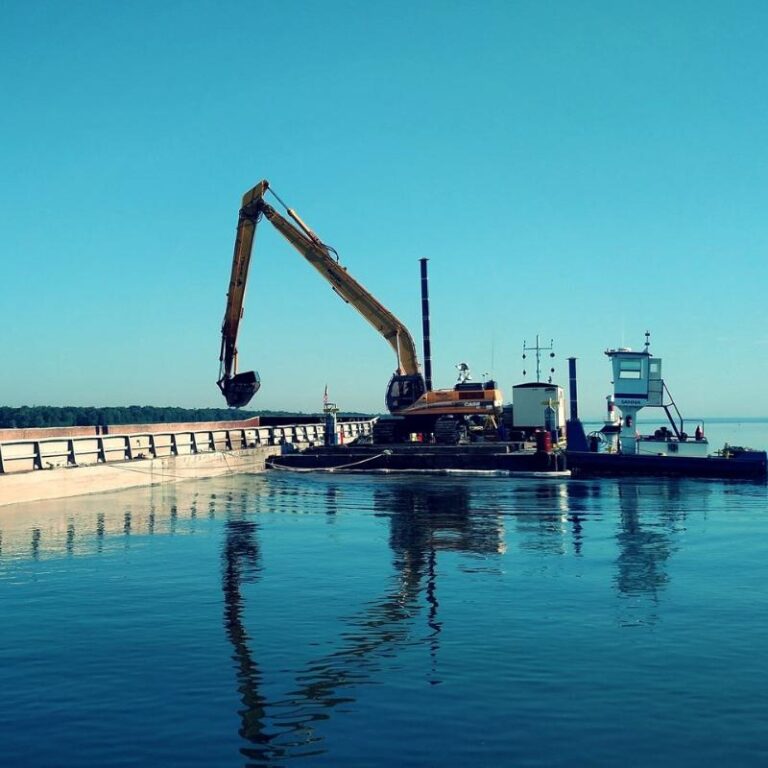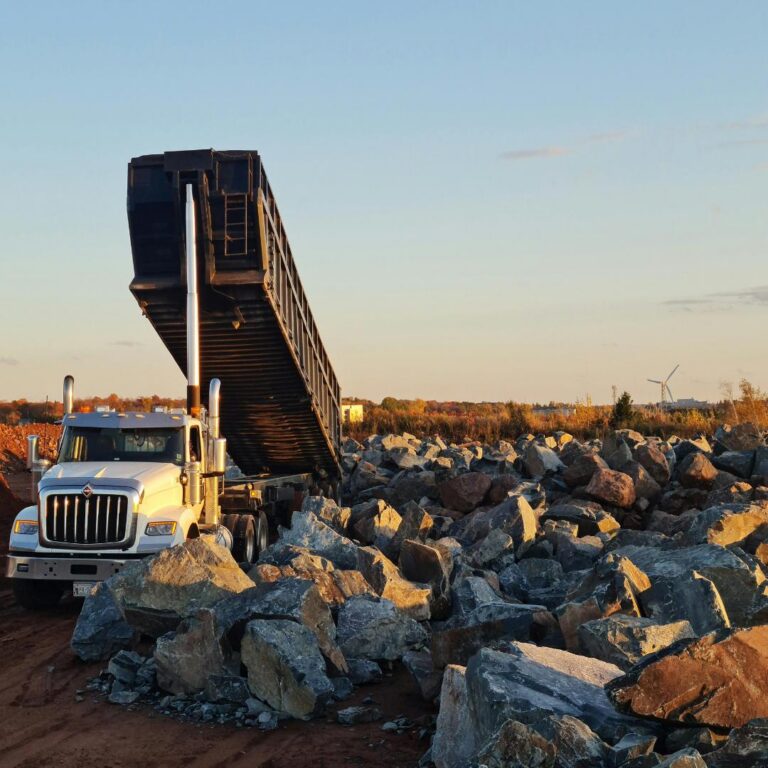Construction
SEO for Construction Companies
Build a Solid Foundation for Lead Generation
If your website isn’t bringing in steady, qualified leads, it’s time to fix that.
Why SEO Matters for Construction Companies
What You Get With Avalanche
SEO for Construction Companies
Who We Help
Our construction SEO services are built for:
- General contractors ready to grow their lead flow
- Custom home builders looking to compete locally
- Design-build firms that want to dominate niche markets
- Remodelers and renovators who want more steady work
- Commercial construction companies looking for high-value projects
No matter your niche, our strategies are built to grow your search visibility and your business.
How We Help Construction Businesses Rank & Convert
01
Discovery & Audit
We look at your site, your competitors, and your local market to identify quick wins and long-term opportunities.
02
Strategy & Planning
You get a customized SEO roadmap that aligns with your goals, services, and service areas.
03
Build & Optimize
From service area pages to homepage content, we create assets that your customers (and search engines) love.
04
Analyze & Adjust
SEO isn’t set-it-and-forget-it. We monitor performance and continue improving what works. The longer you stay consistent, the more ground you gain—and the harder it is for competitors to catch up.
Real Results From Real Clients
White Lake Dock & Dredge
How We Helped Connect White Lake Dock & Dredge to New Customers in Search
White Lake Dock & Dredge
Total Organic Traffic Oct. '23
Organic Search Traffic Increase YoY Sept. '20
Preferred Homes
How We Helped Preferred Homes 10x Their Leads
Preferred Homes
Total Pages Generated Organic Conversions ('24)
Increase in Impressions YoY (June - Aug. '24)
Jobson Roofing
This Roofing Company's Engagement Rate Soared 39%
Jobson Roofing
Organic Conversions were Form Submissions (Nov. '23)
Increase in the Total Engagement Rate (Jan. '24)
Antonelli’s New Content Strategy Brought in 285 New Leads in Just 6 Months
Antonelli’s New Content Strategy Brought in 285 New Leads in Just 6 Months
Antonelli’s New Content Strategy Brought in 285 New Leads in Just 6 Months
Key events (Jan - Jul '25)
Conversions in '25 Q2 compared to Q1
How We Generated 200+ Phone Calls for StoneCo in 6 Months With Local SEO
How We Generated 200+ Phone Calls for StoneCo in 6 Months With Local SEO
How We Generated 200+ Phone Calls for StoneCo in 6 Months With Local SEO
Organic Conversions in May 2025
YoY Increase in Organic Traffic (July 2025)
Frequently Asked Questions
Free SEO Resources for Construction Companies
Sorry, we couldn't find any posts. Please try a different search.







